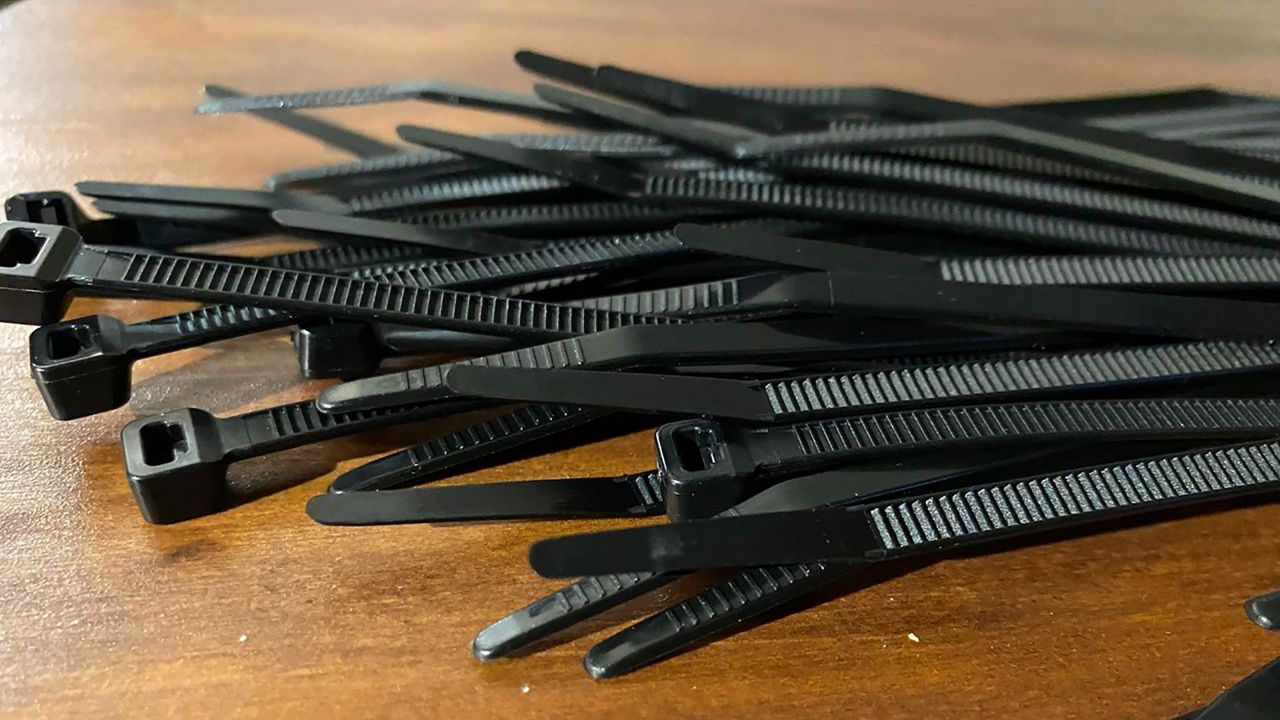CLARIFICATION: This story was updated Tuesday, June 29, 2021 to clarify that the bill that would allow parents to request a camera be installed in their child's classroom is not being implemented statewide. Rather, it creates a three-year pilot program in Broward County, after which time a decision will be made whether to roll it out to the rest of the state. The updated story is below.
STATEWIDE — After years of fighting to get this law passed, parents and advocates of children with disabilities say they have finally won a big victory for their kids after Gov. Ron DeSantis bans using seclusion and in most cases restraints for students with special needs.
What You Need To Know
- The bill also creates pilot program in Broward allowing parents to request installation of camera
- Law states that schools cannot use restraints in a way that restricts breathing or blood flow
- RELATED: 'It Breaks My Heart' Teacher Aide Accused of Putting Student with Autism in Closet
Osceola County Public Schools parent Marquette Carmichael says she did not know that her autistic son was kept in seclusion for a time at his school.
“I had no idea this had occurred,” she said.
She was contacted by an Osceola County Sheriff’s deputy, who told her that her son had been kept in a room 5 by 15-foot room to help him calm down and she says that her son was placed in the room from second period until fourth period.
She says a new Florida law could have prevented her child from being put in a room.
“Would’ve been so beneficial for my son and his case,” Carmichael said.
House bill 149 prohibits school districts from using seclusion on students with disabilities.
The bill also creates a three-year pilot program in Broward County that would allow parents the ability to request a camera to be installed in their child’s classroom, so they can make sure their child is being treated properly.
President of the Florida Autism Society Stacey Hoaglund says parents and advocates have been fighting for this bill for more than a decade.
“Teachers will need to be trained, in positive behavior intervention instead of immediately resorting to ‘I’m going to restrain you,’” Hoaglund said.
Hoaglund says some school districts even use what they call mechanical restraints which are things like handcuffs and zip ties.
But this law now states that schools cannot use them in a way that restricts breathing or blood flow or that places a student in a facedown position.
But what the law does not do, Hoaglund says, is ban them outright.
“We wanted it to be clearer, that these are not to be used in our schools,” Hoaglund said.
But she says after more than a decade, this is still a big victory for these families.
“Now that this law has been set in place, I will definitely be advocation for video cameras inside my son’s classroom,” Carmichael said.
Spectrum News 13 reached out to several Central Florida school districts to see how they are going to implement the law, but all of them stated that their legal teams are still reviewing it.



